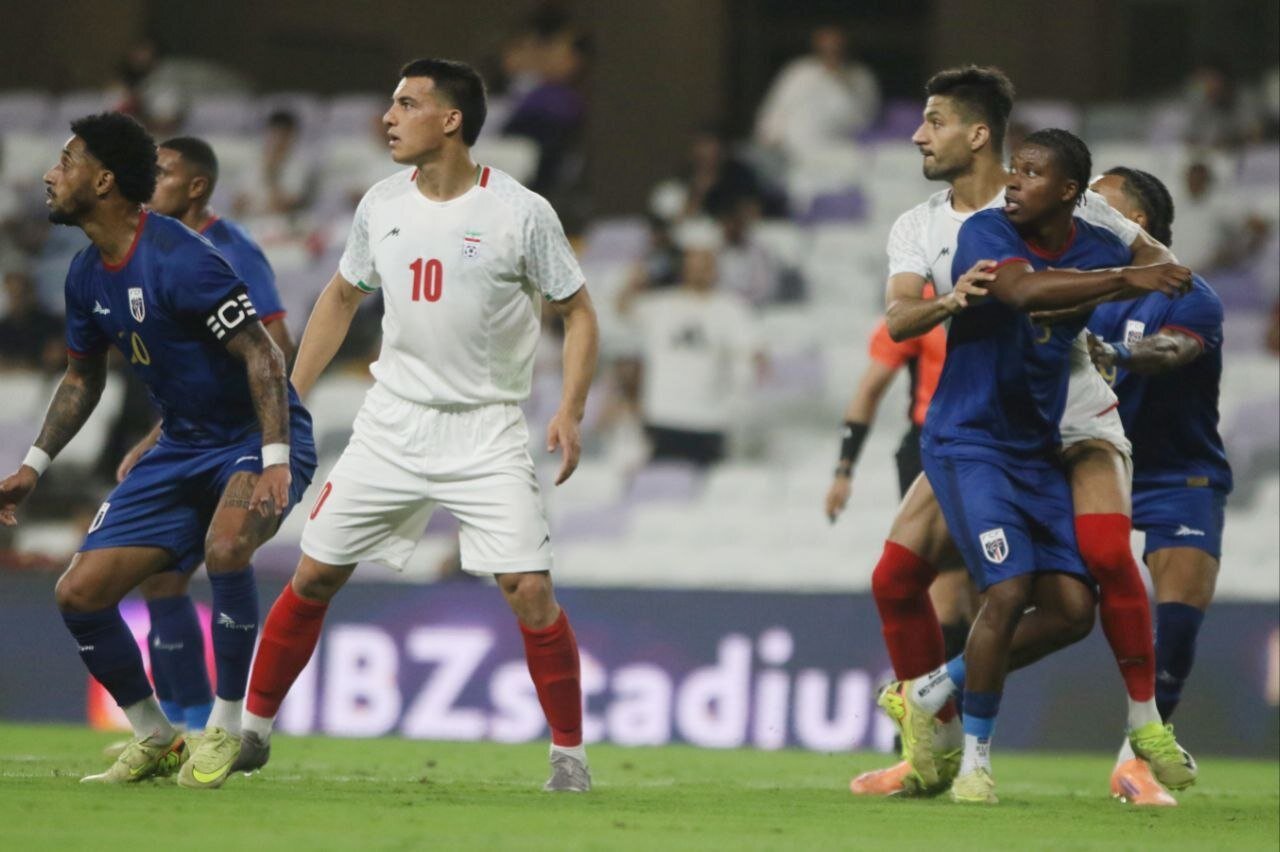Iran’s win over Cape Verde: A step toward stability

TEHRAN - Iran’s narrow but meaningful victory over Cape Verde in the Al Ain International Cup offered far more than just a place in the final. It was, in many ways, the first real glimpse of a new tactical direction, one built on pragmatism, structure, and an acceptance that the road to the 2026 World Cup requires evolution rather than idealism.
While the upcoming final against Uzbekistan carries its own narrative weight, the performance against Cape Verde is the true reference point for assessing where Team Melli currently stand.
Against Cape Verde, Iran abandoned the familiar pattern of high possession and relentless attacking that had long been associated with Amir Ghalenoei’s philosophy. Instead, the team ceded the ball, focused on compactness, and relied on organized defensive blocks and rapid transitions.
This shift was no accident. The arrival of Antonio Gagliardi, the Italian specialist known for defensive structuring, was visible in every phase: the disciplined pressing trigger, the narrower defensive shape, and the calculated aggression only when counterattacks became available.
The match itself was far more challenging than many had predicted. Iran created several high-quality chances from direct play, yet the true victory was in defensive execution.
For the first time in over a year, Iran kept consecutive clean sheets, one against Tanzania in October and now against Cape Verde. Considering the team’s inconsistent defensive performances throughout recent World Cup qualifying fixtures, this marks a small but significant step toward stability.
Equally important was the redefined role of key players. The fullbacks, once central to Iran’s attacking width, operated more conservatively, allowing the wingers and the lone striker to shoulder the attacking burden. The midfield duo worked primarily as space-deniers rather than creators, a shift that required discipline but ultimately tightened Iran’s defensive spine. The center-back pairing of Majid Hosseini and Shoja Khalilzadeh, playing together for the first time, delivered one of the most composed performances of the past year and may emerge as the preferred partnership moving forward.
Younger, more dynamic players such as Amirhossein Hosseinzadeh, Mehdi Hashemnezhad, and Omid Noorafkan appear to fit naturally into this evolving tactical model, one that prioritizes endurance, defensive awareness, and transition speed.
The final against Uzbekistan brings its own historical weight. Iran have gone 882 days without defeating the Central Asian side but the true storyline lies in Iran’s tactical reorientation. Against Cape Verde, the national team stepped away from romanticism and embraced practicality. Whether this identity shift is enough to reclaim dominance over Uzbekistan remains to be seen, but the foundation has finally begun to solidify.
Leave a Comment